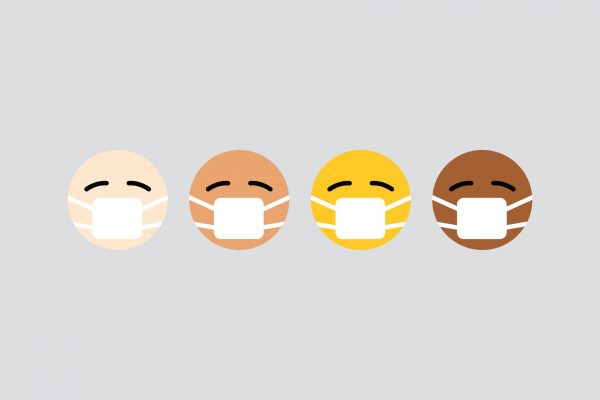TAKE INSPIRATION FROM THE INFORMATION SHEET FOR THE ‘REST & RE-FOCUS’ SESSIONS WE RAN ACROSS IMPERIAL COLLEGE LONDON AND CREATE YOUR OWN FOR YOUR PLACE OF WORK/STUDY…
REST & RE-FOCUS SESSIONS
As part of Imperial Sleep Week, dedicated quiet spaces have been reserved for students and staff to unwind and get ready for the tasks that lie ahead. The aim of these sessions is 3-fold and we recommend trying:
1. Provide quiet space for relaxation/napping
2. Provide further education and fact retention in sleep hygiene and simple ways to optimise sleep
3. Provide a safe space for discussion for sleep-related wellbeing and foster interest in sleep science and public health initiatives amongst participants
Top 10 Sleep tips
(Thanks goes to Christopher-James Harvey of Oxford University for providing this list which has been condensed for formatting purposes – to see the original download from: https://www.ndcn.ox.ac.uk/team/christopher-james-harvey)
1. CREATE A SLEEP FRIENDLY BEDROOM
Do you need to get your blinds fixed to block out the light? Is your bedroom too hot or too cold? Too noisy? Create a bedroom space that is as dark and comfortable to best promote sleep.
2. WIND DOWN ROUTINE
Take time to prepare your mind and body for winding down before sleep. Set time aside, ideally around 90 minutes, for doing something relaxing and enjoyable. Perhaps write a diary to take the power out of your thoughts, or make a plan of the things that you would like to do the following day to stop these thoughts popping up when you are in bed.
3. BED IS JUST FOR SLEEP AND INTIMACY
Our minds are clever and create lots of links without us necessarily being aware. This is why it’s important to create a strong link between bed and sleep by avoiding using your bed for other activities that aren’t sleep, for example checking emails or watching TV.
4. THE QUARTER-OF-AN-HOUR RULE
To promote your bed-sleep connection, follow the quarter-of-an-hour rule: if you notice that you aren’t asleep within around 15 minutes of going to bed, try getting out of bed, go to another room go through your wind down routine until you are feeling sleepy-tired and ready to return to bed for sleep. Don’t clock-watch though!
5. RISE TIME
Set a regular rise time and see if you can stick to it 7 nights a week. It might be hard work in the short term but will improve your chances of falling asleep each night. To help with getting out of bed at your rise time, plan some things to help get you going; perhaps a lively piece of music, a nice breakfast or a shower.
6. KEEP ACTIVE!
Keeping active can set us up for a good night’s sleep, both physically and emotionally. Keep active to tire your body ready for sleep (e.g. walking, yoga, cycling) but try to make sure this isn’t too close to bedtime (i.e. within 2 hours of bedtime).
7. CONSIDER WHAT YOU PUT INTO YOUR BODY
Try to avoid stimulants such as caffeine and nicotine in the hours before bed. Alcohol before bed also impacts on sleep by decreasing sleep quality so you are less likely to wake up feeling rested. Lastly, consider the timing of meals – the purpose of food is to supply energy, so eat at regular times through the day and avoid eating within four hours of bedtime.
8. NATURAL LIGHT – IT’S ALL ABOUT TIMING
Natural light suppresses the production of melatonin (a hormone associated with sleep). Try to avoid bright light before bedtime to promote melatonin production. Conversely, try to expose yourself to lots of natural daylight when it’s time to be awake (particularly early morning). This will help you wake yourself up and get going for the day.
9. SCREENS AND ELECTRICAL DEVICES
Back-lit screens and devices such as many smart phones, TV’s or laptops contain a large amount of blue light. This kind of light is the strongest for suppressing melatonin production. Using them last thing at night can therefore disrupt sleep quality. Try to limit your use before bedtime.
10. BE SMART WITH YOUR NAPS
The longer we are awake, the more likely we are to sleep, because our ‘sleep pressure’ has had time to build up. To increase your chances of drifting off at night try to avoid naps throughout the day. Of course, if you feel dangerously tired, do take a short nap (of around 20 minutes) but try to plan this earlier in the day to allow your sleep pressure to build again afterwards.



